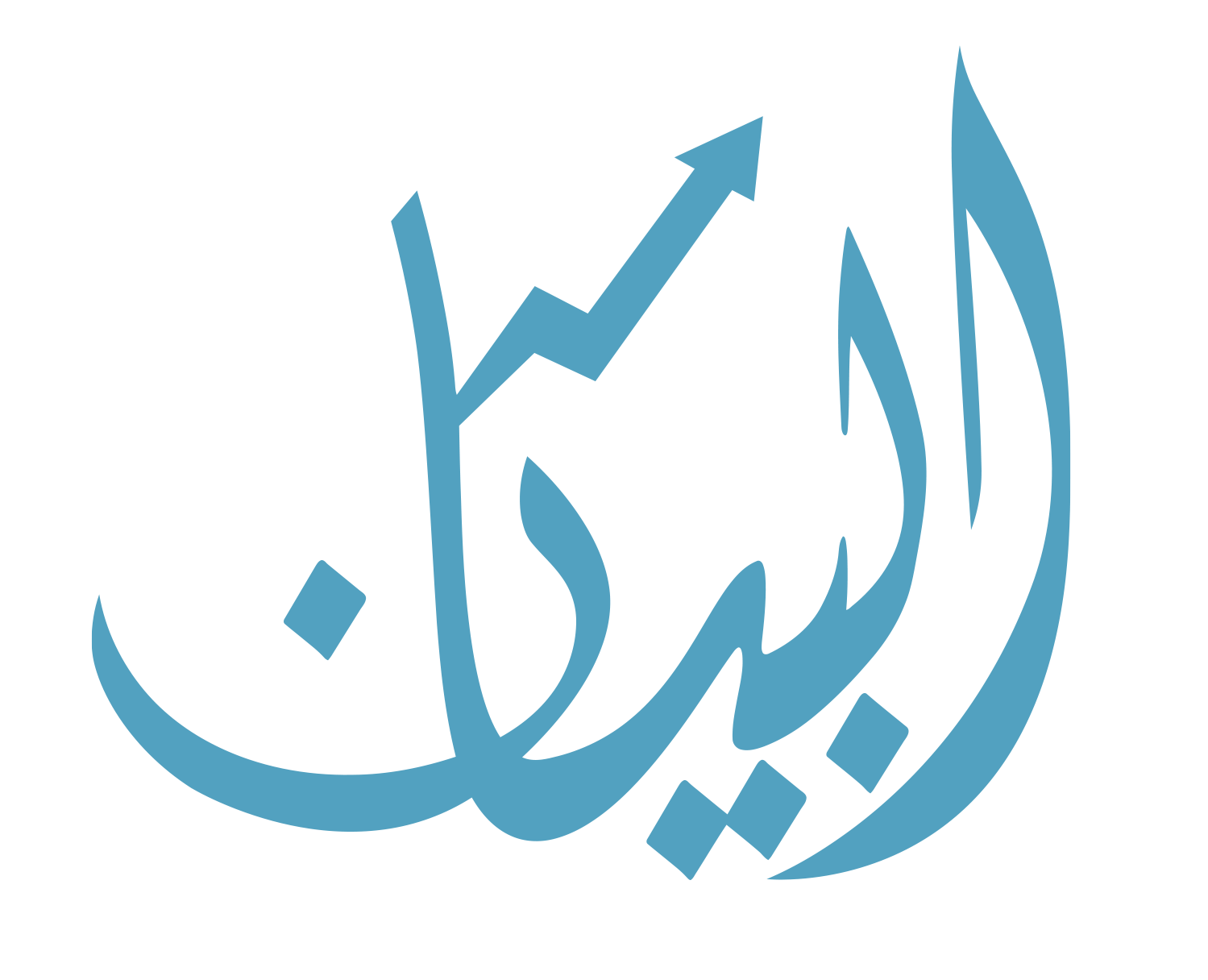ALBAYAN INSTITUTE EDUCATION SERVICES L.L.C

Menu
0
0 reviews
Financial and Administrative Corruption Training diploma
Instructor
Abdelrahman
Category
- Description
- Reviews
A Financial and Administrative Corruption Training Diploma at Albyan Institute is designed to provide students with a comprehensive understanding of the mechanisms, impacts, and strategies to combat financial and administrative corruption. The program aims to equip individuals with the knowledge and skills needed to identify, prevent, and address corruption within organizations and institutions.
The curriculum of such a diploma program may include the following key components:
- Introduction to Corruption: This course provides an overview of corruption, including its definitions, types, causes, and the distinction between financial and administrative corruption.
- Legal Frameworks and Anti-Corruption Laws: Students learn about the national and international legal frameworks governing anti-corruption efforts, including key laws, regulations, and conventions.
- Ethics and Integrity in Public and Private Sectors: This module focuses on the importance of ethics and integrity, highlighting ethical principles and practices that help prevent corruption.
- Financial Management and Fraud Detection: Techniques for managing finances and detecting financial fraud, including auditing, financial reporting, and forensic accounting.
- Risk Assessment and Management: An in-depth study of risk assessment methodologies, tools, and strategies for identifying and managing risks related to corruption.
- Investigative Techniques: Students explore investigative techniques for uncovering corruption, including evidence gathering, interviewing, and surveillance.
- Internal Controls and Compliance: This course covers the design and implementation of internal controls to prevent corruption, along with strategies for ensuring compliance with anti-corruption policies.
- Public Procurement and Contract Management: An analysis of corruption in public procurement, including strategies for transparent and accountable procurement and contract management.
- Whistleblower Protection and Reporting Mechanisms: Techniques for establishing and managing whistleblower protection programs and reporting mechanisms to encourage the reporting of corruption.
- Anti-Corruption Strategies and Programs: Students learn about various anti-corruption strategies and programs, including best practices and case studies of successful anti-corruption initiatives.
- Corporate Governance and Accountability: This module emphasizes the role of corporate governance in preventing corruption, including the responsibilities of boards of directors and senior management.
- Transparency and Public Accountability: Techniques for promoting transparency and accountability in public administration, including the use of transparency tools and citizen engagement.
- International Anti-Corruption Efforts: An exploration of global anti-corruption efforts, including the roles of international organizations and cross-border cooperation.
- Cultural and Societal Impacts of Corruption: An examination of the broader impacts of corruption on society, including economic, social, and political consequences.
Please, login to leave a review

Share
Course details
Duration
16
Popular courses



